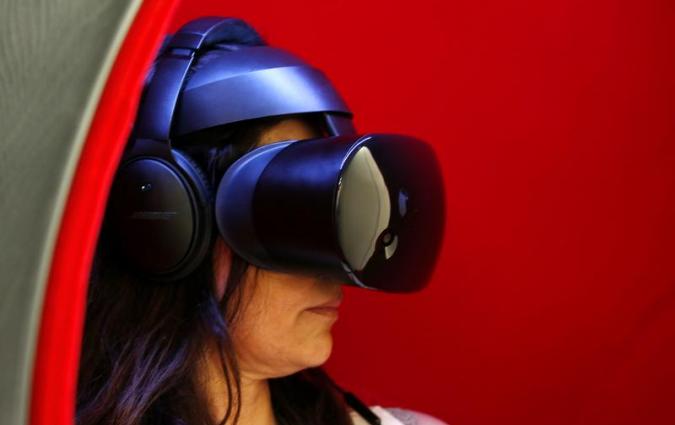Leaders in the Living Room

This study explores the first-ever British televised prime ministerial debates with a view to understanding how they were received by the public; how they were depicted in the press and on television; and how far they registered online. Rather than asking 'who won?', the aim was to understand how far the debates contributed to an improved democratic relationship between politicians and citizens. Based on a range of research methods,and involving researchers from three universities, this study contributes innovatively to the global literature on debates research.
"Leaders in the Living Room sets out compelling evidence that the election debates energised young voters, better informed those normally less interested in politics and improved knowledge of party policies for a significant majority of the electorate. To those who still doubt whether they were beneficial, the authors have come back with a telling answer: that people felt able to act as more confident citizens because of the debates. The research has captured that sense of engagement in the campaign which the debates generated and will make it much harder to argue that they should not become a permanent feature of British elections and democracy."
- Ric Bailey, BBC Chief Political Adviser and BBC debate negotiator
"A path breaking study that has much to teach scholars and students of debates."
- Kathleen Hall Jamieson, Director, Annenberg Public Policy Center, University of Pennsylvania
Stephen Coleman is Professor of Political Communication at the Institute of Communications Studies, University of Leeds.
The production of this study was a team effort:
Contributors
Jay G. Blumler William H. Dutton Fabro Steibel
Stephen Coleman Andrew Shipley Michael Thelwall
Watch Stephen Coleman deliver the Reuters Institute / BBC David Butler Lecture here
A hard copy of this publication can be purchased from the University of Oxford Online Store or Amazon. Download this publication in PDF format






